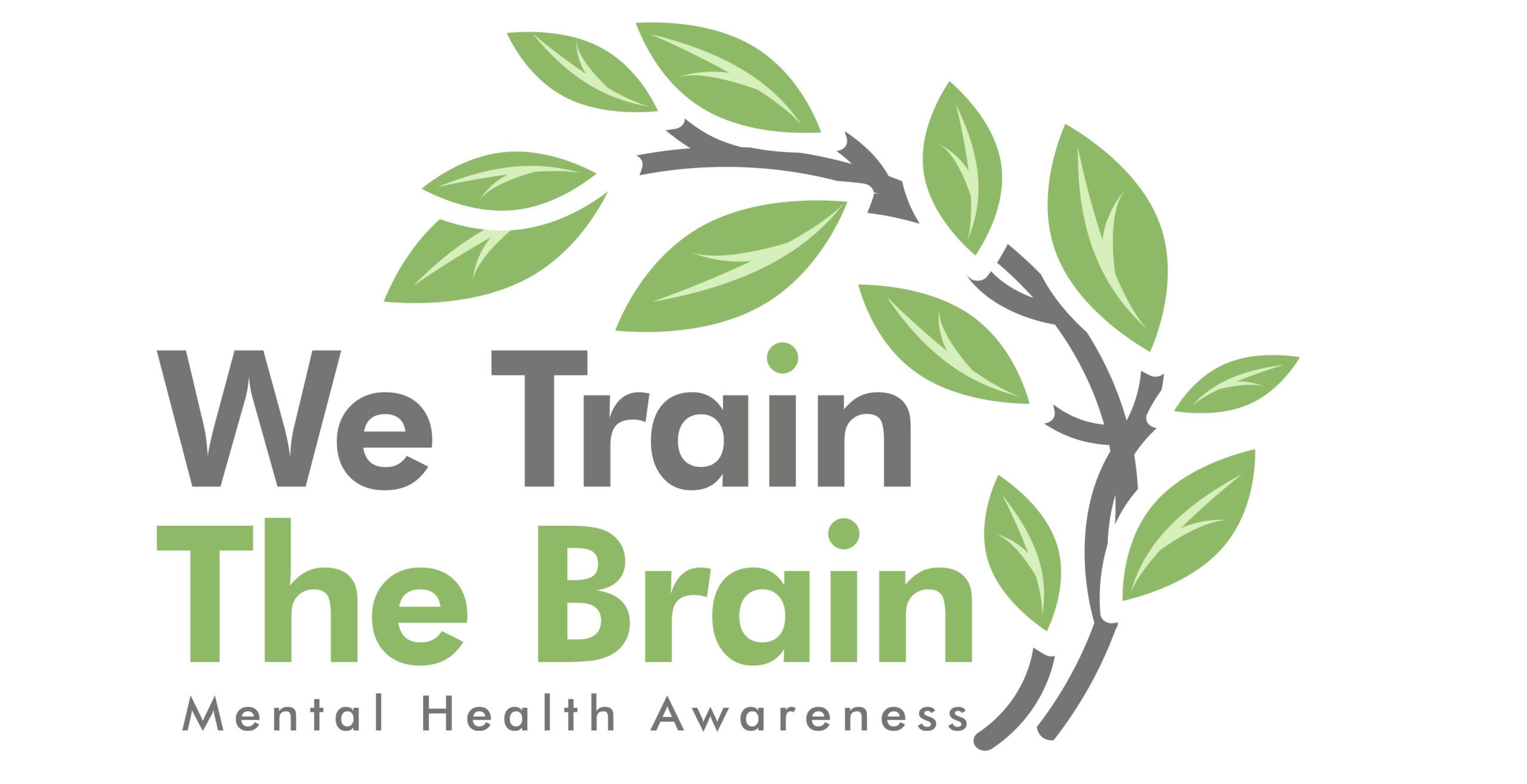
Get Updates in your inbox.
"Live a Healthier Life with Our Newsletter"
Train The Brain (TTB) is a certified Service-Disabled Veteran-Owned Small business by the Department of Veterans Affairs Center for Verification and Evaluation.
TTB works with the government and local communities to raise mental health awareness andSuicide prevention to better inform agencies and communities about mental health and toreduce factors that increase the risk of suicide. According to the Centers for Disease Control,and Prevention Suicide is a leading cause of death in the United States, responsible for over48,000 deaths in 2021. In 2021, an estimated 12.3 million adults seriously thought aboutsuicide, 3.5 million made a plan, and 1.7 million attempted suicide. Our company withagencies, local communities, and small groups to assist with this emerging problem that is affecting our country.
TTBis a faith-based company that prides itself on taking care of people wherever they are. We believe in providing mental health awareness to all cultures in the community.
Queen Elizabeth II says that “grief is the price we pay for love,” so we are compassionate and empathize with all who suffer from grief and loss and will assist you through the grieving process.
TTBprovides services in mental health located in North Carolina, the District of Columbia, Maryland, and Virginia (DMV), providing training in mental health awareness, suicide prevention, and grief and loss.


Warning signs that someone may be at immediate risk for attempting suicide include:
People of all genders, ages, and ethnicities can be at risk for suicide.
The main risk factors for suicide are:

Most people who have risk factors for suicide will not attempt suicide, and it is difficult to tell who will act on suicidal thoughts. Although risk factors for suicide are important to keep in mind, someone who is showing warning signs of suicide may be at higher risk for danger and need immediate attention.
Stressful life events (such as the loss of a loved one, legal troubles, or financial difficulties) and interpersonal stressors (such as shame, harassment, bullying, discrimination, or relationship troubles) may contribute to suicide risk, especially when they occur along with suicide risk factors.
"Live a Healthier Life with Our Newsletter"

Train The Brain provides services in Mental Health located in North Carolina and the District, Maryland, and Virginia (DMV) areas providing training in Mental Health Awareness, Suicide Prevention, and Grief & Loss.